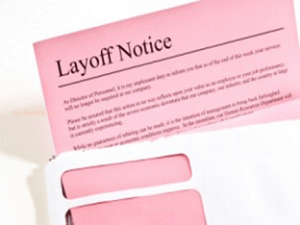 Saving money is important for everyone; especially these days with high unemployment. But, even without a full-time job it possible to save money.
Saving money is important for everyone; especially these days with high unemployment. But, even without a full-time job it possible to save money.
Create a Budget. Savings starts at home and, unless you are an accountant and have a firm grip on how much you spend, most people truly don’t understand how little things can add up. $4 for a coffee here, $2 for a pop there and you may be quickly spending $200 a month on drinks. Creating a visual budget for your expenses can really help put a perspective in your financial life.
Maintain Records. Creating a budget is the first step but keeping a record of your expenses is the only way to make this work. Over time, you will see a pattern of spending. This will help you make wiser decisions on your spending and you will see clearly, ways in which you can save money and you will also see that you are buying things you don’t need.
Eliminate Unnecessary Bills. Reduce or eliminate such things as subscriptions, membership fees or dues or other items that you just don’t need. You can do without much more than you realize. Give good thought about downsizing the amount of debt you owe.
Look at how much you spend each month on your debts and you will see ways on how to eliminate some of those debts. When you pay off your debts, tell yourself not to go in that direction again and think of how much money you will save.
Pay Attention to Coupon Codes. Gone are the days when you have to spend Sunday morning going through the newspaper with a pair of scissors to find coupons. A simple Google search can often result in coupon codes for almost any purchase.
Before buying anything online always search for coupon codes related to that particular vendor. For example, if you need office supplies at Office Depot search for \»Office Depot Coupon Codes”. You rarely ever have to pay full price with a little bit of work.
Stop using Credit. Stop using your credit cards as you are just accumulating more debt and interest expenses.
Watch your Utilities Bill. Keep a watchful eye on your utilities. Lower your thermostat and be judicious in using water—especially when it comes to washing clothes and dishes. Be sure you have a full load of clothes before washing and a full load of dishes in your diswasher before turning it on. In addition, by taking shorter showers or baths, you can also save money.
Obviously you need to start looking for a job but its ok to cut back in the meantime. In fact, its kind of natural for most Americans today to step back and review their spending habits. Once you gain employment again you should be able to save more money knowing the details of your spending using these exercises. Written by Alan Dunn









